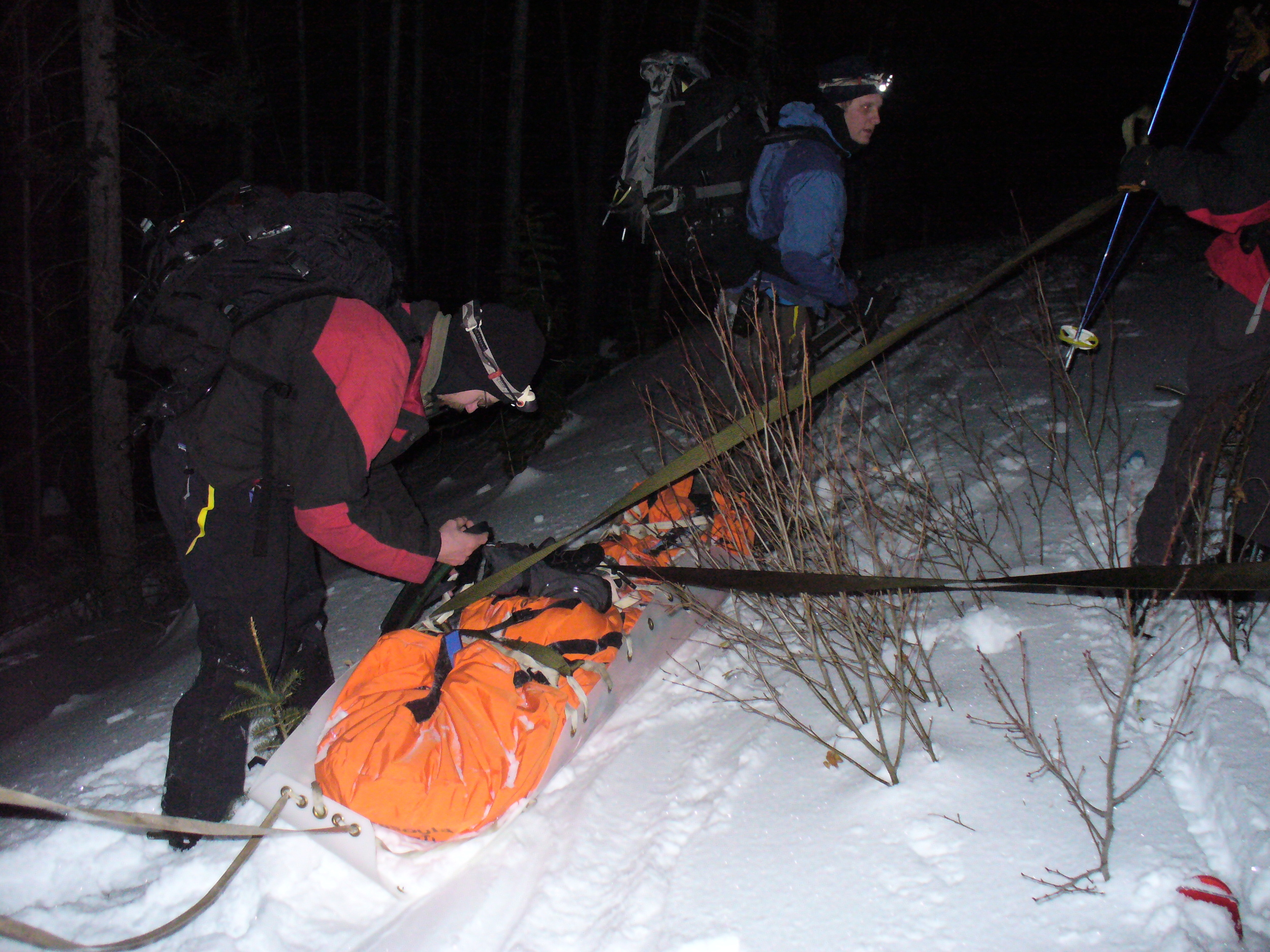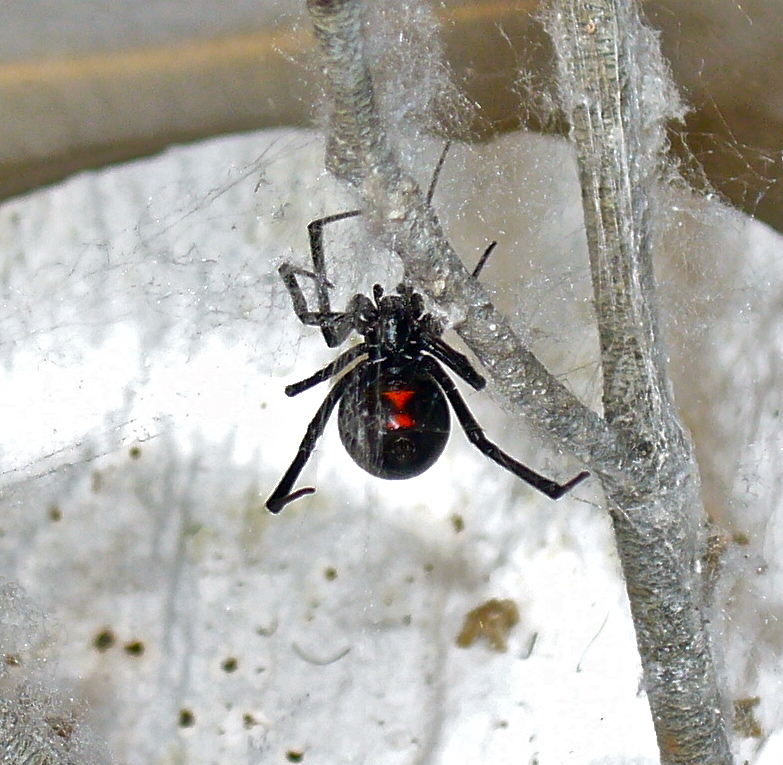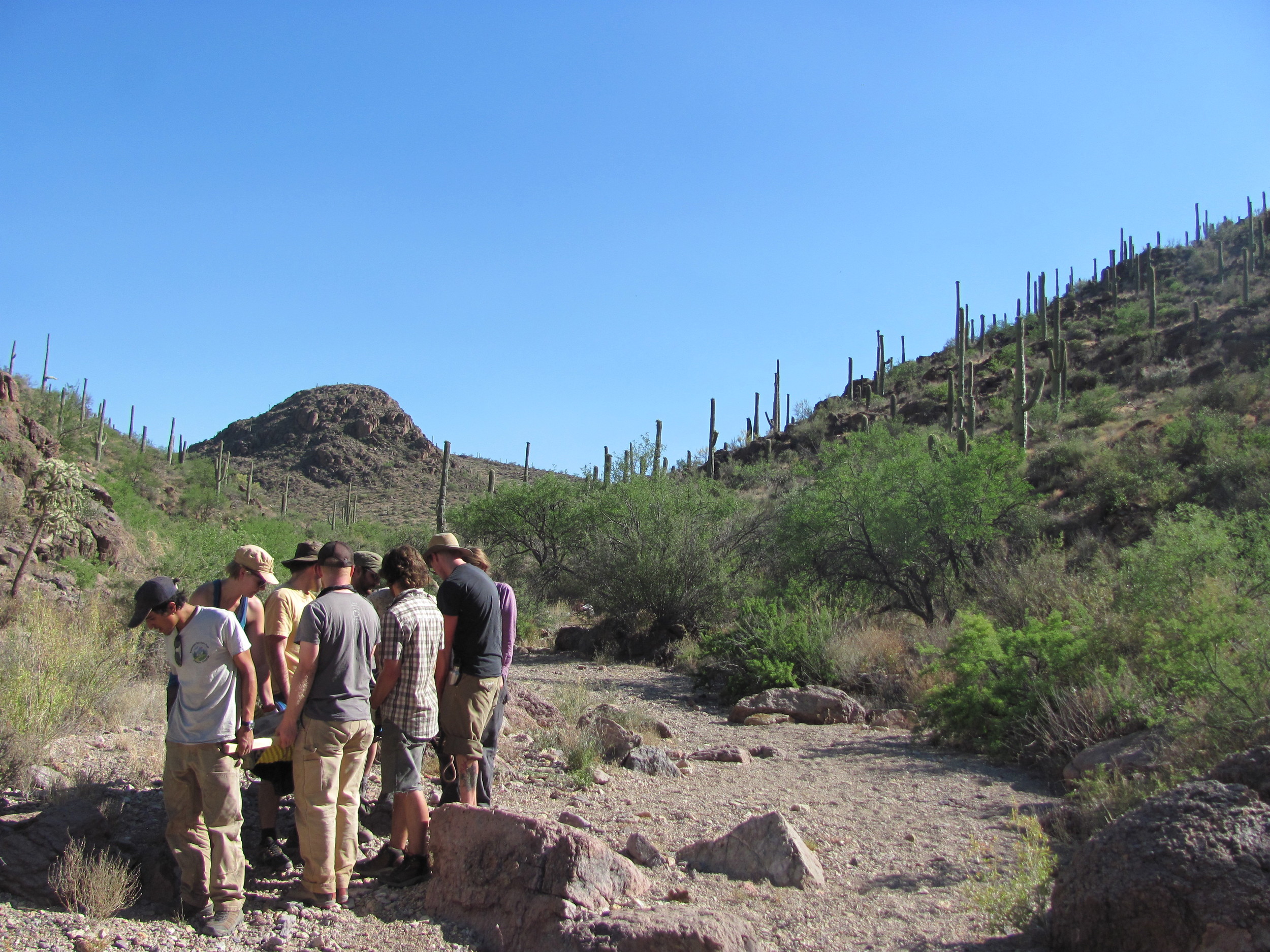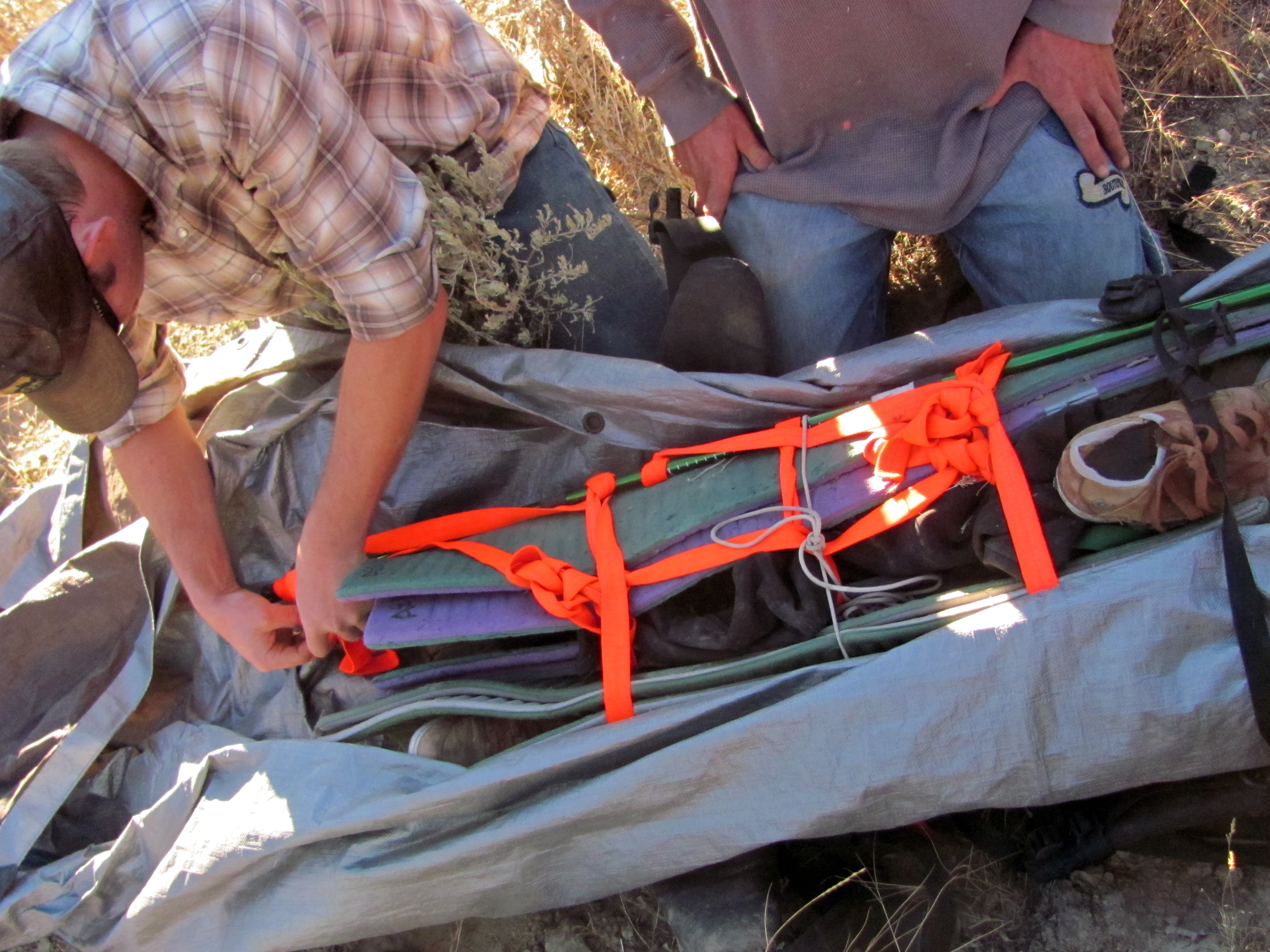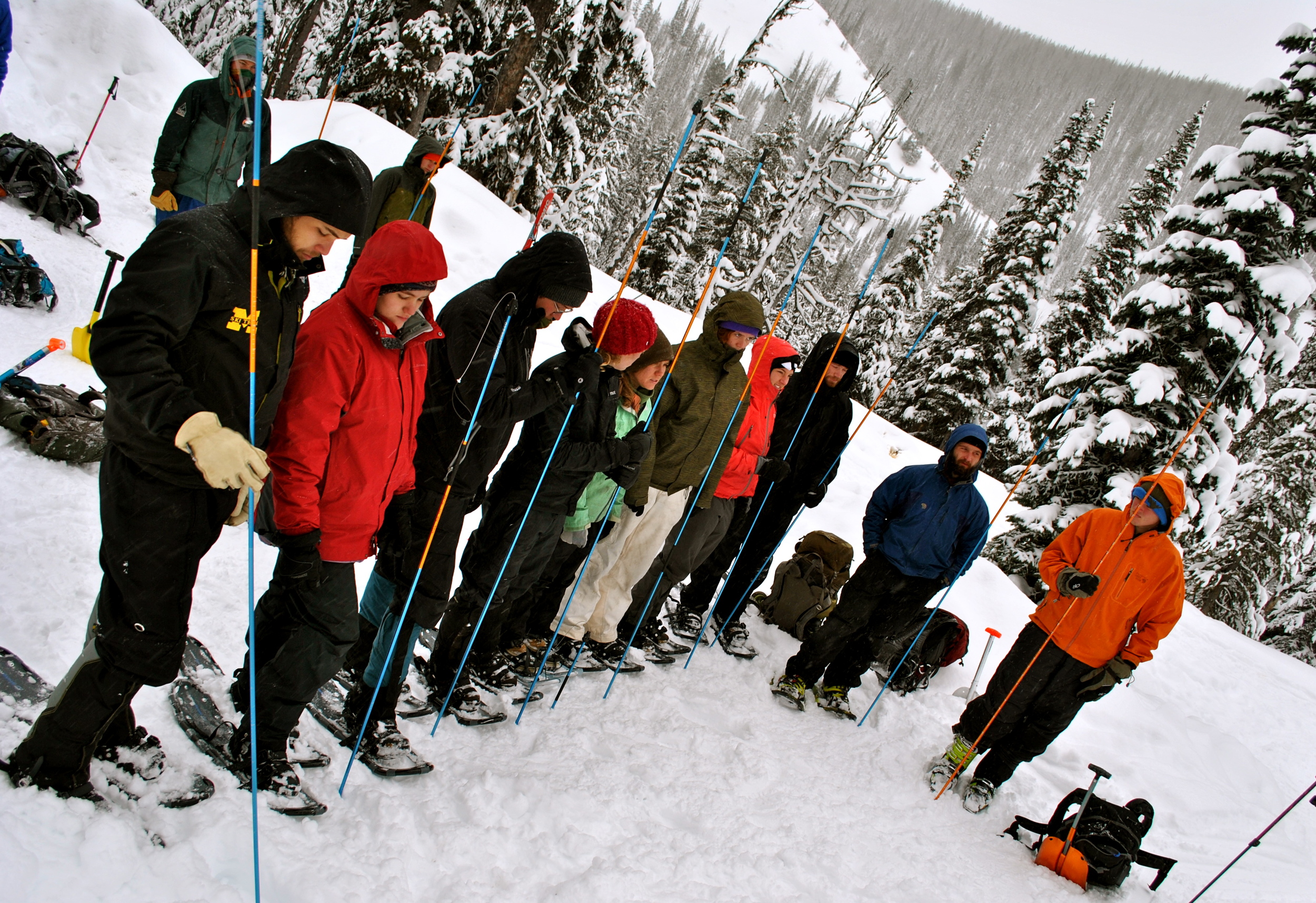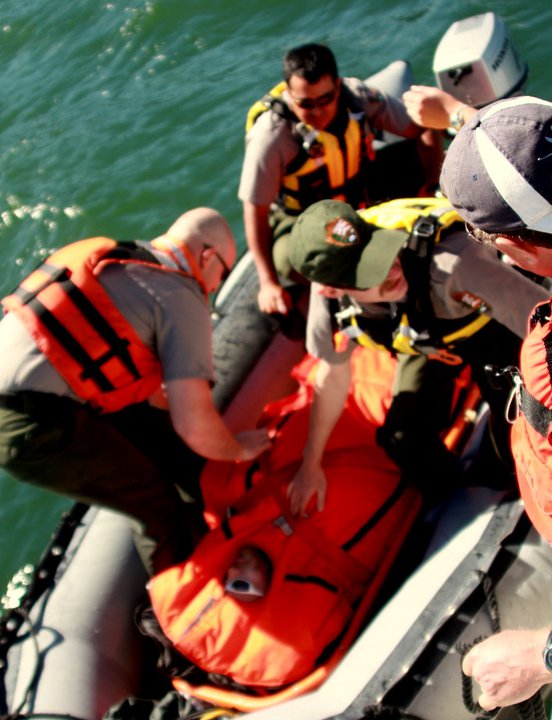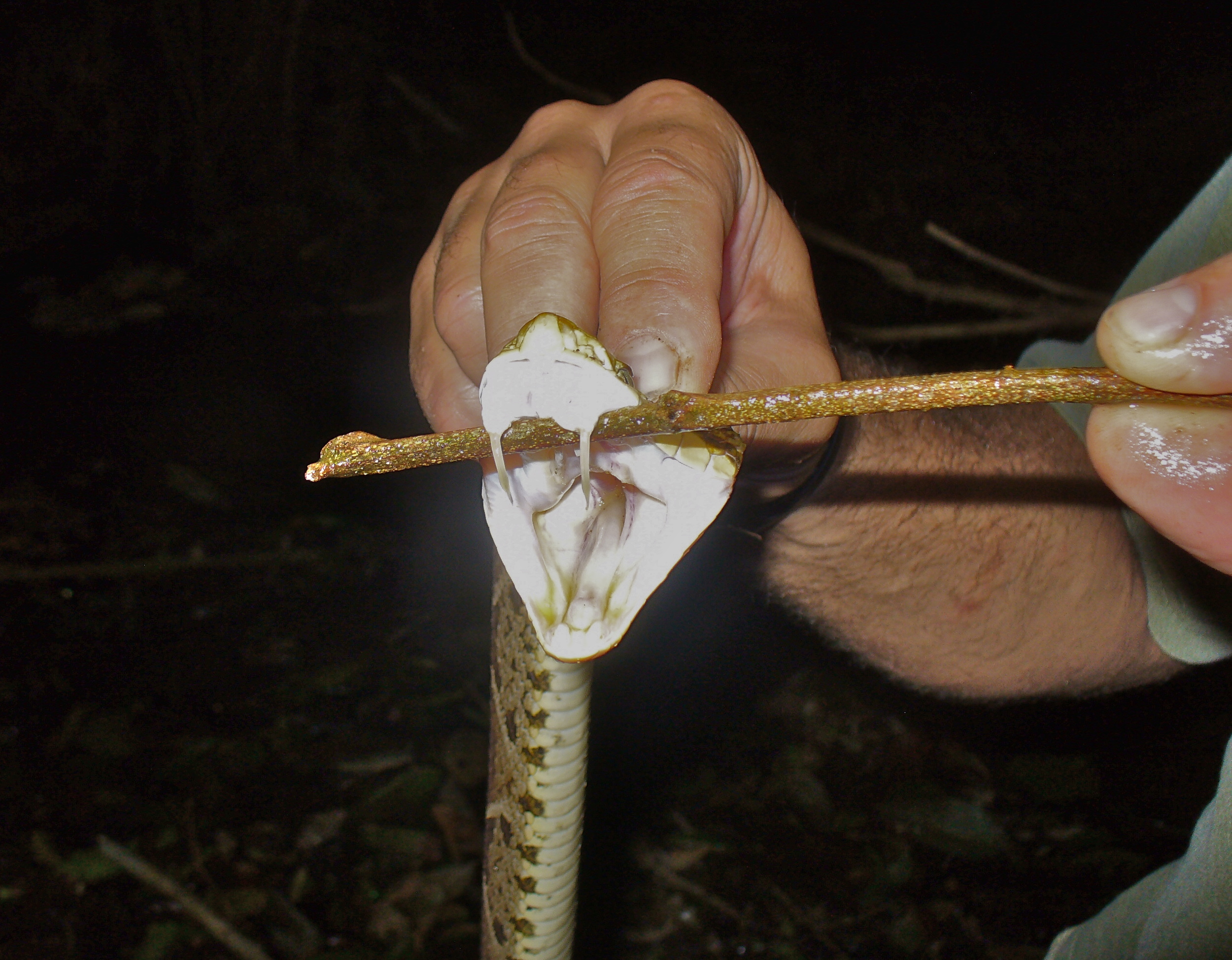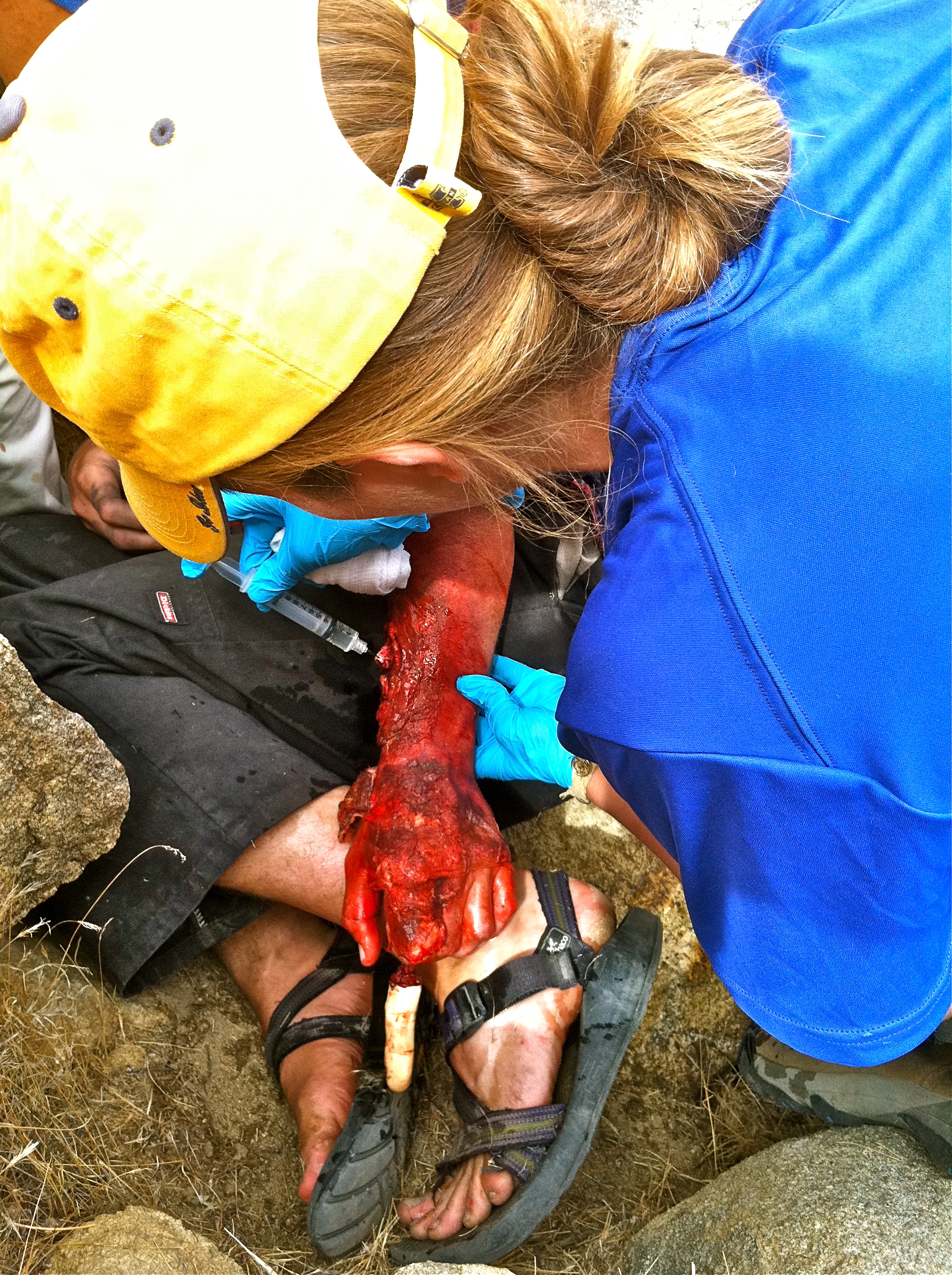Why wilderness medicine
Wilderness medicine encompasses the fascinating interaction of humanity with the natural world. We explore the inner-landscapes of physiology and pathophysiology with the same wonder that draws us to wilderness. We learn of our own wildness and the profound resources of the human mind as it responds to the environment and stress; of the human body as it acclimatizes to heat and cold, altitude and deprivation.
We define wilderness medicine objectively as care provided to a patient an hour or more from definitive care. In Montana, where I have gained the majority of my professional experience as a paramedic, that's a pretty loose definition that doesn't include the many situational variables we encounter locating, accessing, caring for, and evacuating patients from truly remote locations.
Our approach to wilderness medicine differs from the general practice of emergency medicine in its foundational emphasis on prevention, the absolute importance of avoiding injury and illness to ourselves and our family, friends, team mates, and clients. In this sense we hope to never use our actual medical skills. We also recognize that mistakes are made, accidents happen, and when they do we work to keep them simple: practice good foot care, treat the hotspot before it becomes a blister, protect and monitor the blister before it becomes infected, aggressively treat the locally infected blister before it transitions to a systemic infection... and so forth.
Our decision making extends beyond the microcosm of our patient's presentation to the macro of our place on the landscape, weather, resources, hazards, time and type of travel to civilization and further care if it is required.
essential skills
Improvised splints and litters make for good websites but the concepts of decision-making and patient assessment are truly the essential skills of a wilderness medicine provider. The hard skills are relatively easy; opening an airway, covering an open chest wound, stopping a bleed, etc; it is the proper application of knowledge under the stress of a real emergency, hours or days from further assistance, that is the real challenge.
toolkit
We'll be offering tutorials on patient assessment and care in remote settings. We'll explore tricks of the trade on everything from performing your primary survey to managing multi-system trauma with secondary environmental concerns.
SEARCH & RESCUE
We'll tie aspects of search and rescue into the field of wilderness medicine. I'll explore some random interests and hope to offer folks some good resources to gain further training and awareness.
INTERNATIONAL TRAVEL
Travel abroad can present many unique challenges to our health and our ability to care for ourselves and others. We'll explore some pre-travel guidelines, resources for travelers, risk management, and other travel considerations as well as post stories and opportunities.
"In both the medical and outdoor fields, judgement, gained from experience, is the most valuable and difficult skill to either acquire or teach."
DAVE MCEVOY,
Director, Aerie Backcountry Medicine




